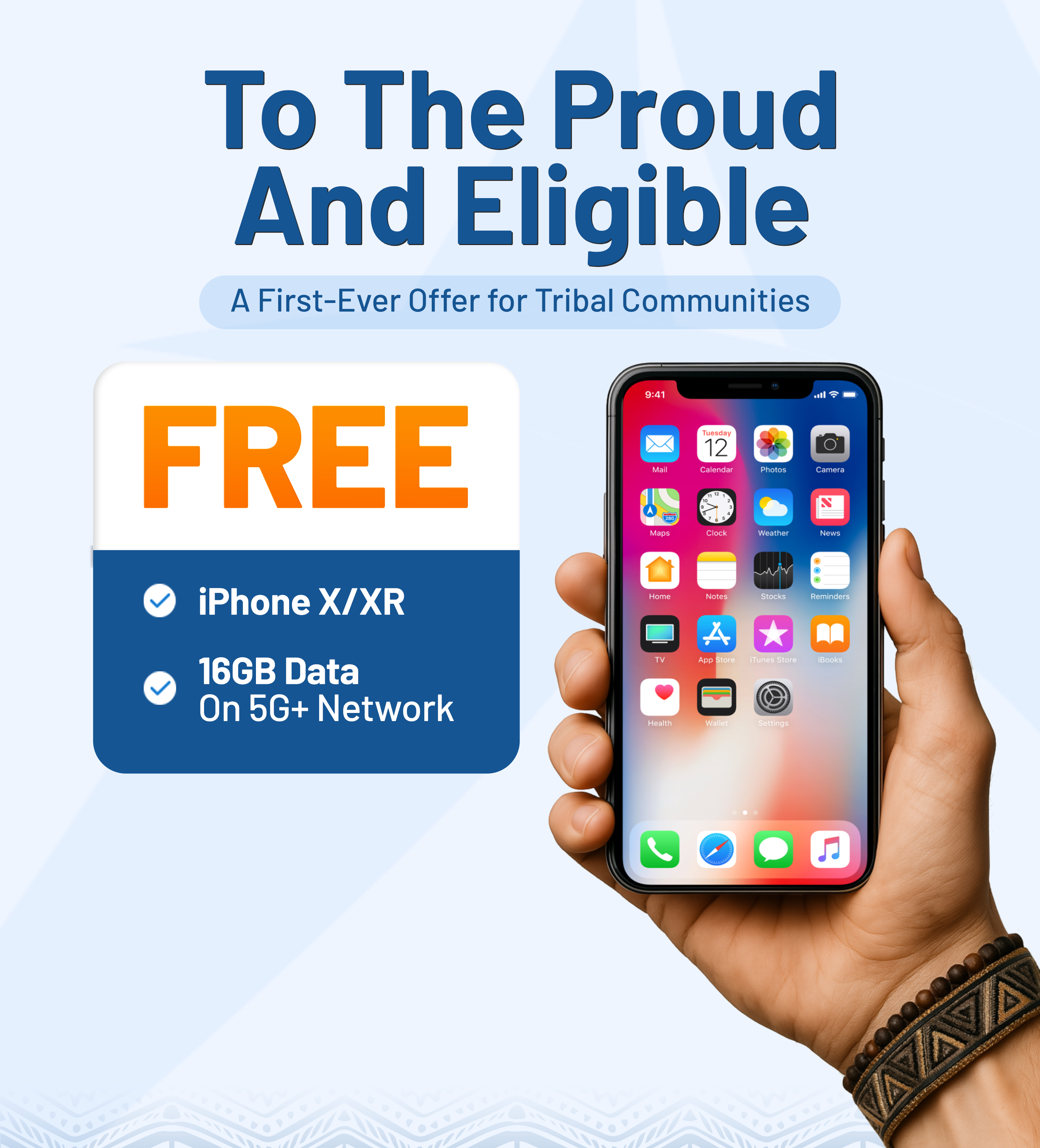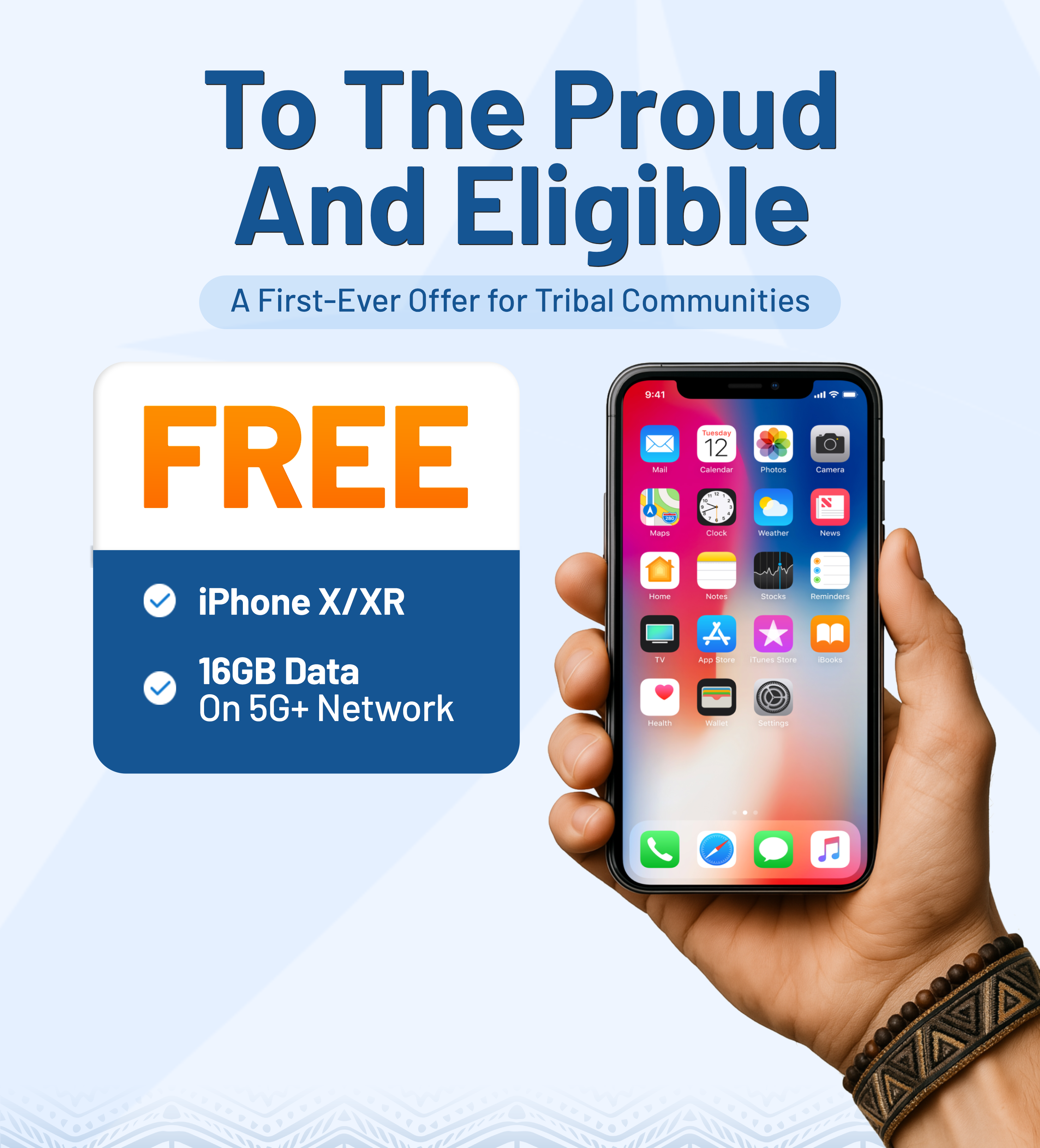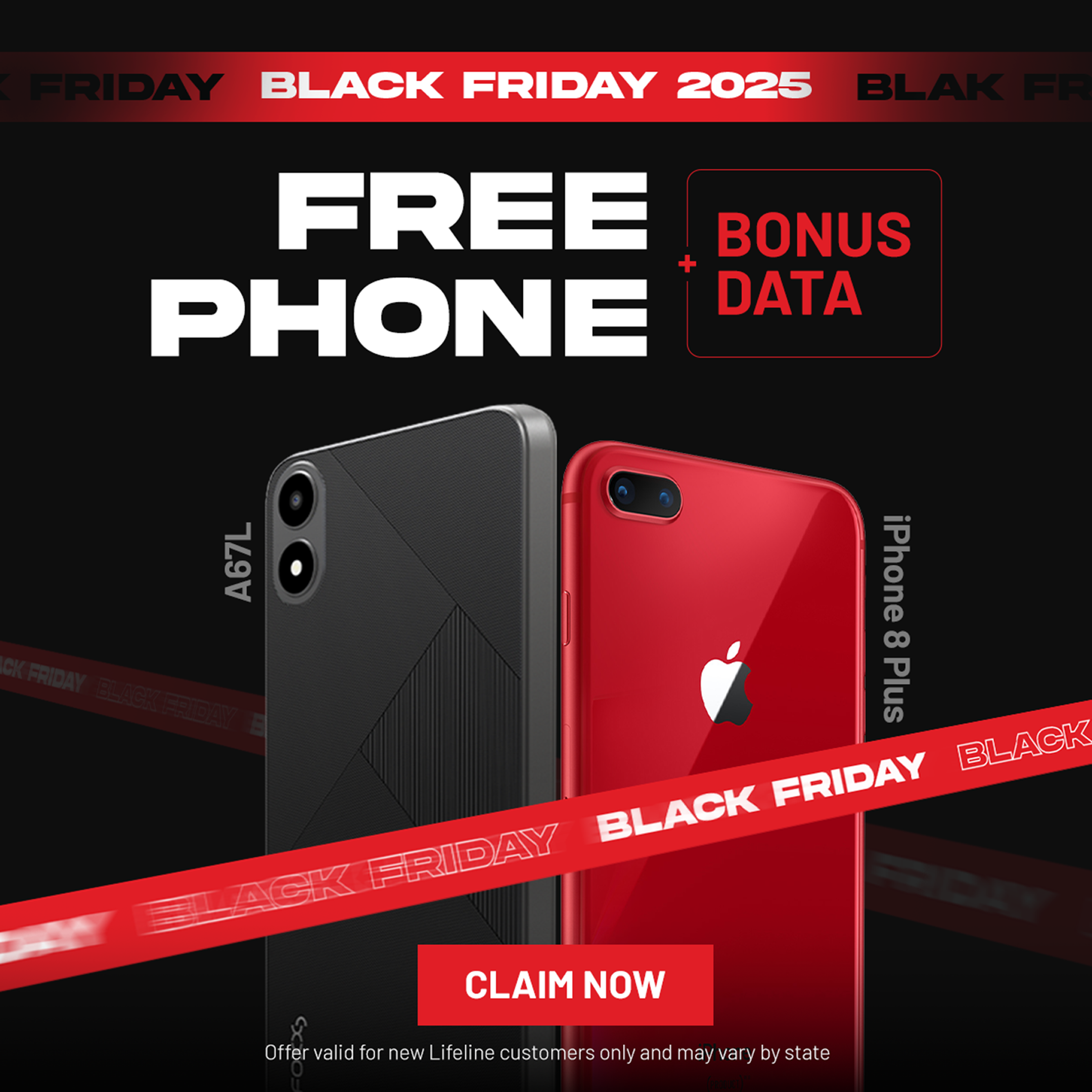To provide a clearer understanding of food assistance options, this guide explores whether you can use EBT benefits to purchase supplements such as vitamins, protein powders, and other dietary products.
EBT benefits cover essential groceries, but certain restrictions apply. Can you buy supplements with EBT? Here is the answer.
1. Can You Buy Supplements with EBT?
Generally, you cannot buy most supplements or vitamins with EBT. Products with a Supplement Facts label are considered not eligible for purchase with EBT.
To be SNAP-eligible, a product must be a food item intended for human consumption and have a “Nutrition Facts” panel on its label.
Most dietary supplements, including vitamins, minerals, herbal blends, protein powders, and weight-loss products, are labeled with a “Supplement Facts” label.
Basically, Supplement Facts labels are found on dietary supplements such as vitamins, minerals, herbs, and amino acids. Meanwhile, Nutrition Facts labels appear on most conventional food products.
Supplement Facts labels only list nutrients present in measurable amounts above a certain threshold. Nutrition Facts labels must list specific nutrients, such as:
- Calories
- Fat
- Sodium
- Carbohydrates
- Added sugars
- Protein
- vitamin D
- Calcium
- Iron
- And potassium, regardless of amount (though very low amounts may be listed as 0).
Read more about the difference.
Even if supplements are sold in supermarkets alongside grocery items, they are still classified as supplements if they carry a Supplement Facts panel.
Check the packaging to confirm whether an item has a Nutrition Facts panel before purchasing it with SNAP benefits.
When shopping online at Amazon, Walmart, and Target, items are usually clearly marked EBT-eligible or not.
If you are unsure, you can scan the item at a self-checkout lane to see if the EBT card covers the cost before you commit to the purchase.

2. Can You Buy Vitamins with EBT? Which Vitamins Are EBT Eligible?
Most vitamins, including multivitamins and single vitamins (C, D, B12), as well as herbal supplements, are not ineligible.
The primary reason is that these products are classified as dietary supplements and carry a “Supplement Facts” label.
However, certain products that contain added vitamins may be eligible if they are considered food items and display a Nutrition Facts panel.
For example,
- Fortified cereals with added vitamins and minerals
- Nutritional drinks or shakes sold as beverages with a Nutrition Facts label
- Vitamin-fortified foods like certain snack bars or yogurt products
- Juices that have been fortified with vitamins like Vitamin C
>>> What Can You Get With WIC?
3. Can You Use EBT to Buy Protein Powder?
As previously discussed, the key factor in determining whether protein powders can be purchased with EBT/SNAP benefits is the label.
Products with a Nutrition Facts label are generally considered eligible. Meanwhile, those labeled as dietary supplements, fitness supplements, or bodybuilding aids are not eligible.
Even products from the same brand, such as Ensure or Boost, can have multiple versions, with some eligible and others not. Always check the label to be sure.

4. EBT-Eligible Health-Related Food Items
With EBT benefits, you can access a variety of health-related foods that support a nutritious diet. Make the most of your benefits:
- Certain meal-replacement or nutritional shakes are EBT-eligible if they have a Nutrition Facts label.
- High-protein, nutrient-dense foods: Fresh, frozen, or canned meats, poultry, milk (including almond, soy, and oat milk), cheese, yogurt, eggs, etc.
- Fruits and vegetables
- Whole grains: Whole wheat bread, brown rice, oatmeal, cereals, and pasta.
SNAP benefits cannot be used for the following categories:
- Vitamins/supplements with a Supplement Facts label
- Non-food items (Household supplies, paper products, hygiene items, pet food, cleaning products)
- Alcohol and tobacco
5. What You Can Always Buy with EBT
SNAP helps households purchase food for home preparation and consumption, including:
- Fruits and vegetables
- Meat, poultry, and fish
- Dairy products
- Breads and cereals
Other eligible foods and items:
- Non-alcoholic beverages: Water, sparkling water, soda (check for a Nutrition Facts label, as opposed to a Supplement Facts label).
- Snack foods: Chips, cookies, candy, chocolate, and other sweets.
- Condiments and spices: Salt, pepper, cooking oils, etc.
- Infant items: Baby food and infant formula.
- Food-producing plants: Seeds and edible plants/seedlings that produce food for the household to eat.
- Cold prepared foods (for home consumption): Pre-made, cold items like cold take-and-bake pizza.
Note, some states have received USDA waivers to restrict the purchase of certain items, including sugary drinks. Verify the current SNAP rules in your specific state.
6. What If You Can’t Buy Supplements with EBT?
Use Naturally Vitamin-Rich SNAP-Eligible Foods:
Include a variety of fruits and vegetables for vitamins and minerals, and consume protein-rich foods like eggs, beans, tofu, and lean meats.
- Vitamin D & Calcium: Milk, cheese, yogurt, etc.
- Folate (Folic Acid): Leafy greens (spinach, collards), beans, lentils, fortified grains, etc.
- Vitamin C: Citrus fruits, bell peppers, strawberries, broccoli, etc.
- Iron: Lean meats, poultry, fish, beans, etc.
- Healthy Fats & Vitamin E: Nuts and seeds (almonds, sunflower seeds), cooking oils, avocados, etc.
Explore Healthcare Coverage (If Applicable):
If you have a diagnosed medical condition and require specific nutritional support, your healthcare plan may cover certain items:
- Prescription-only vitamins: Some vitamins or minerals may be covered by Medicaid or private insurance if a doctor deems them medically necessary and writes a prescription for a specific deficiency or condition.
- Medicare Advantage (Part C): Some plans offer an Over-the-Counter (OTC) allowance for eligible non-prescription items, including certain vitamins and supplements, at participating pharmacies.
Community Health Clinics and Food Banks:
Reach out to local health clinics and food banks, which often provide nutritional support to those with limited resources.
Wellness Programs and Nonprofits:
Various wellness programs, nonprofit organizations, and charitable initiatives provide supplements, fortified foods, or other nutrition assistance.
7. More Benefits with EBT/SNAP Benefits
Beyond helping families cover essential groceries, participation in SNAP can open the door to additional benefits, such as the Lifeline program. Lifeline is a federal assistance initiative that helps low-income individuals and families afford phone and internet services.
Qualified users can typically save up to $9.25 per month on their phone or internet bill, or up to $34.25 if they live on qualifying Tribal lands.
For example, in California, applying for Lifeline through AirTalk Wireless can provide 10–30GB* of free data per month, along with a free smartphone like the iPhone 6 Plus, AirVoice A67L, and Samsung Galaxy A42 5G.
By leveraging these benefits, SNAP recipients can save on both food and communication services, helping families stretch their budgets further.
*Offers may vary and are subject to future updates.
FAQs
Can I buy energy drinks with EBT?
You can likely buy popular canned energy drinks (like Red Bull, Monster, and Rockstar) because they have Nutrition Facts labels. Products with a Supplement Facts label (like most vitamins and many high-potency energy shots or specialized energy drinks) are not eligible.
Note, some states have received USDA waivers to restrict the purchase of certain items, including sugary drinks. Verify the current SNAP rules in your specific state.
Are protein bars EBT-eligible?
A protein bar is eligible if it has a Nutrition Facts label. Items are classified as “supplements” (such as vitamins or medicine) and cannot be purchased with SNAP benefits.
Conclusion
To make things easier, focusing on EBT-approved alternatives, like protein-rich foods, fruits, vegetables, and whole grains, can help you maintain a nutritious diet.


